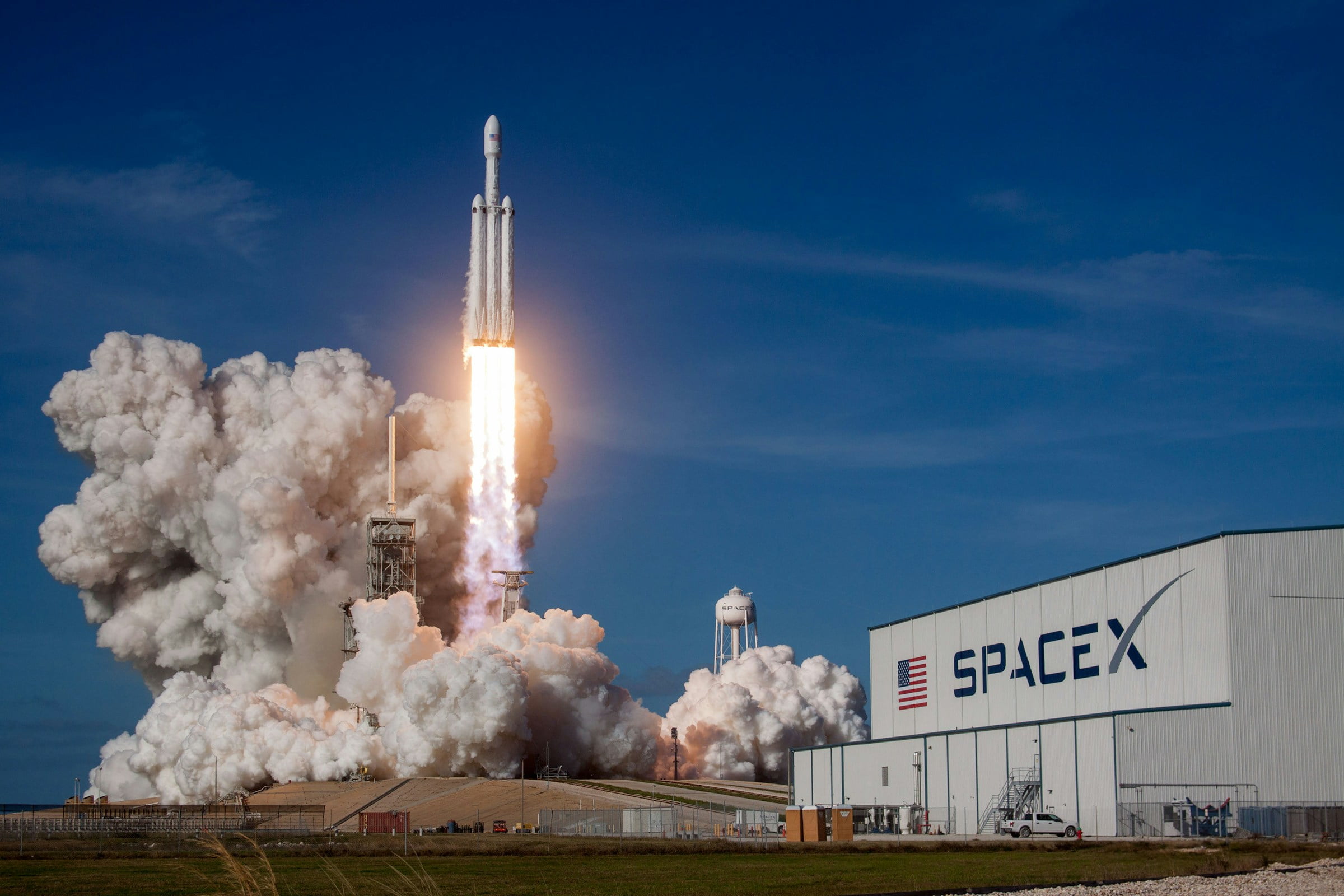 Large farms that use a combination of technologies to take a quantified approach to cultivation can reduce costs of inputs such as water, fertilizers and pesticides and help boost yields, according to a study by Lux Research.
Large farms that use a combination of technologies to take a quantified approach to cultivation can reduce costs of inputs such as water, fertilizers and pesticides and help boost yields, according to a study by Lux Research.
Under the best-case scenario in the Lux Research study, farms of 5,000 acres would use wireless transmitting soil moisture sensors, combined with weather forecasting service and integrated decision support. While savings from input costs average $24.50 per acre, output gains were $42 per acre, Lux says.
The report, Every Input is an Opportunity: How Precision Agriculture is Redefining the Business of Cultivation, says the so-called precision agriculture industry has grown out of necessity as input prices rise and demand for food increases from a growing global population.
Today, existing offers from major players in the sector tend to stick to their roots. For instance, seed companies focus on seeds, while heavy equipment companies’ platforms put the most attention and effort into how equipment can be used in precision agriculture, according to Lux Research.
That is expected to evolve as new companies come in and existing ones begin to realize the value of precision agriculture increases with the integration between technologies and systems. Lux Research expects that within 10 years, precision agriculture will be an industry of fully developed platforms that cover the entire cultivation process.
The most successful platform will be the one that has a sliding scale of technologies and services to meet the need of smaller-scale, large commercial and emerging farmers.
High-capital, high-intensity precision agriculture methods used in developed nations won’t work in emerging countries such as India, the report says. However, strong mobile phone infrastructure and inexpensive devices such as laser levelers and moisture sensors can be combined to create precision agriculture in these areas, the report says.
A report released in December by Rabbobank says holistic long-term approach may be the key to introducing sustainability into food and agriculture. This would entail a shift in farmers’ focus away from yield maximization and toward “input optimization.
Rabobank has identified the over-application of fertilizers and inefficient water usage as critical to changing farmers’ perception of best practice. Agriculture accounts for 70 percent of global water demand and technologies to optimize irrigation systems will be key to future water conservation.










